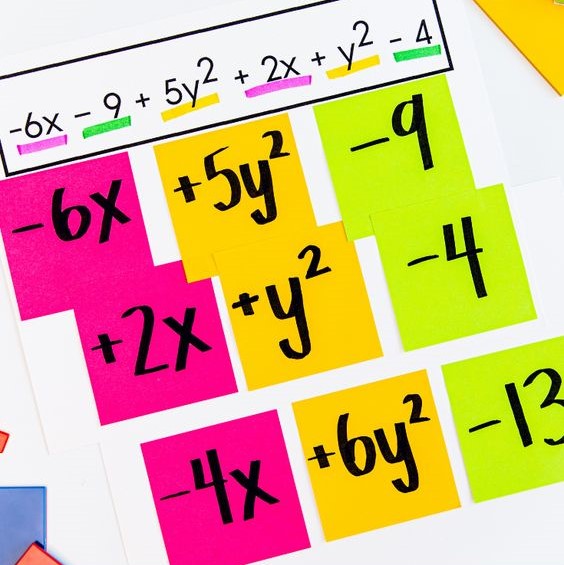Algebra is often seen as a complex subject that students encounter in high school or college. However, algebraic thinking is something that can, and should, be nurtured in early grades. By focusing on basic strategies and incorporating fun activities, teachers can foster a strong foundation for students’ future algebra work. Here are nine ways to promote algebraic thinking in the early grades.
1. Start with Patterns
Introduce young learners to patterns by creating and extending sequences of shapes, colors, or objects. This will encourage them to recognize similarities and differences between elements in a series and serve as a foundation for future algebraic problem solving.
2. Use Manipulatives
Manipulatives like blocks, counters, or tiles help students visualize and understand mathematical concepts. Encourage students to arrange these objects into groups, explore their relationships, and solve simple equations.
3. Encourage Problem Solving
Introduce word problems that involve basic operations like addition or subtraction. This will help students start connecting real-life situations with mathematical expressions.
4. Integrate Math Vocabulary
Teach mathematical vocabulary related to algebra concepts early on, like “variable,” “expression,” or “equation.” This will familiarize students with terminology before encountering it later in their education.
5. Play Math-Based Games
Incorporate math games that involve strategy and problem-solving skills to create an engaging learning environment. This allows students to practice algebraic thinking while having fun.
6. Utilize Number Lines
Number lines are a visual way for students to explore relationships between numbers and understand the concept of equivalence visually.
7. Foster Abstract Thinking
Encourage students to think beyond concrete representations of problems and focus on understanding what the symbols represent conceptually.
8. Collaborative Learning
Work on group activities where students can share strategies, think together, solve problems as a team, and learn from each other’s experiences.
9. Create Real-Life Connections
Draw connections between algebraic concepts and real-world examples, so students understand the relevance and applicability of what they’re learning.
By incorporating these strategies into the classroom, early grade teachers can instill strong algebraic thinking skills in their students. Building a foundation in algebraic thinking from an early age will prepare students to succeed in more advanced math courses and develop a love for learning mathematics.





